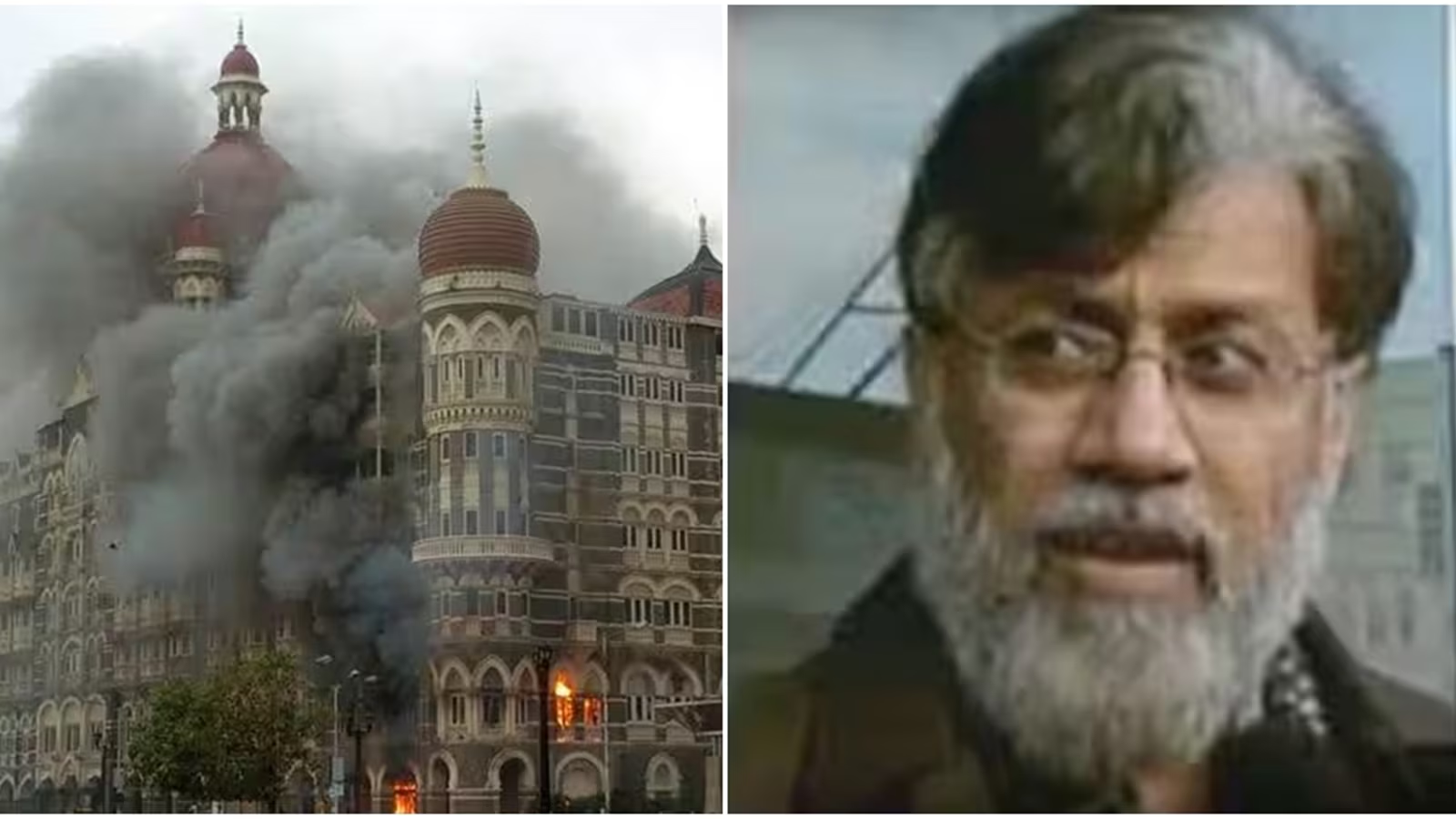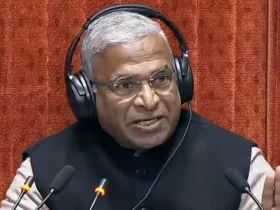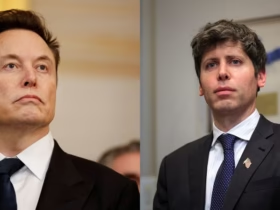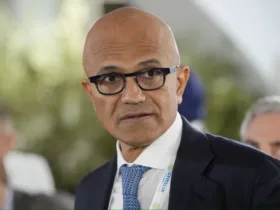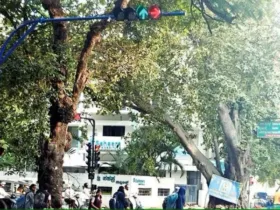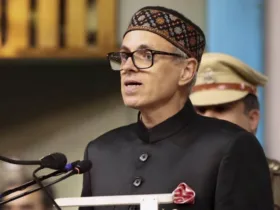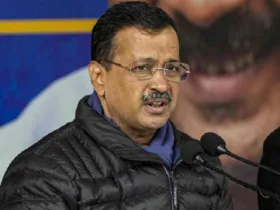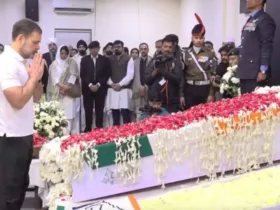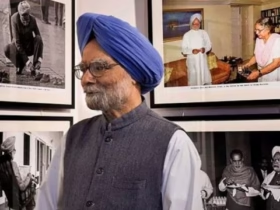The legal battle surrounding the extradition of Tahawwur Rana, a key figure accused in the 2008 Mumbai attacks, has once again gained attention. On December 16, 2024, the U.S. government filed a response urging the U.S. Supreme Court to dismiss plea of Tahawwur Rana seeking to block his extradition to India. This plea is the latest development in a long-standing legal and diplomatic effort to bring Tahawwur Rana to justice for his role in the horrific attacks that took place on November 26, 2008, in Mumbai, India.
The case is a significant chapter in the broader fight against terrorism and reflects the intricate legal, political, and diplomatic dynamics that come into play when dealing with individuals accused of terrorist activities across borders. The following sections provide an in-depth overview of the legal proceedings, the importance of Rana’s extradition, and the broader implications for international justice.
The 26/11 Mumbai Attacks: A Tragedy That Shocked the World
On November 26, 2008, Mumbai, India’s financial capital, became the epicenter of one of the most horrific terrorist attacks in recent history. Ten heavily armed terrorists associated with the Pakistan-based militant group Lashkar-e-Taiba (LeT) carried out coordinated attacks across multiple locations in Mumbai, including the iconic Taj Mahal Palace Hotel, Oberoi Trident Hotel, CST Railway Station, and Nariman House. The attacks lasted for over 60 hours, resulting in the deaths of more than 160 people, including 26 foreign nationals, and injuring hundreds more.
The planning of the attacks was highly sophisticated. The terrorists had been trained in Pakistan and had been provided logistical support from multiple networks within the region. The attacks were carefully coordinated, with the terrorists targeting high-profile locations to maximize casualties and create fear and panic among the civilian population. The 26/11 attacks were a stark reminder of the global reach of terrorism and its devastating impact.
Role of Tahawwur Rana in the Plot
Tahawwur Rana, a Canadian national of Pakistani origin, is a key figure linked to the 26/11 attacks. Although he was not directly involved in the execution of the attacks, Rana played an important role in facilitating the operations. He was a close associate of David Coleman Headley, another key figure in the planning and execution of the attacks. Headley, a U.S. citizen, had traveled to Mumbai multiple times to scout the targets, and it is alleged that Rana assisted Headley in his activities.
Rana was arrested in 2009 in Chicago on charges related to providing material support to a terrorist organization. He was accused of helping Headley gain access to visa facilities and facilitating his reconnaissance trips to India. Moreover, Rana is believed to have been aware of the larger plot to attack Mumbai. Although Rana was convicted in the U.S. for his involvement in a separate plot to attack a Danish newspaper, he was acquitted of the charges related to the Mumbai attacks. Despite this, Indian authorities have consistently maintained that Rana played a crucial role in the 26/11 attacks.
In addition to his alleged involvement in the Mumbai attacks, Rana’s connections to militant organizations in Pakistan have raised concerns about his larger role in fostering terrorism and supporting terrorist activities. As a result, the Indian government has been relentless in pursuing his extradition to face charges in India for his involvement in the 26/11 tragedy.
The Legal Battle: Extradition Attempts
The efforts to extradite Tahawwur Rana to India began shortly after his arrest in 2009. India sought his extradition, arguing that he was directly involved in planning and supporting the terrorist attacks in Mumbai. However, Rana’s legal team contested the extradition, citing various procedural and legal issues. Rana’s defense has largely been focused on the argument that he was not directly involved in the execution of the attacks and that the evidence against him was insufficient to warrant extradition.
In 2024, the U.S. Court of Appeals for the Ninth Circuit ruled in favor of the Indian government’s request to extradite Rana. The court determined that the U.S.-India Extradition Treaty allowed for Rana’s extradition based on the charges he faced related to the Mumbai attacks. Rana subsequently filed a petition with the U.S. Supreme Court, seeking to block the extradition on the grounds that it violated his constitutional rights. This petition, filed in September 2024, called for the Supreme Court to review the Ninth Circuit’s decision and consider whether the extradition should proceed.
U.S. Government’s Stance on the Extradition in case of Tahawwur Rana
On December 16, 2024, the U.S. government filed a brief in response to Rana’s petition, urging the Supreme Court to reject his request and allow the extradition to proceed. The Solicitor General of the United States, Elizabeth B. Prelogar, presented the government’s position, emphasizing the importance of honoring extradition agreements between countries and the need for those accused of serious crimes, including terrorism, to face justice in the appropriate jurisdiction.
The U.S. government’s response highlights the importance of international cooperation in combating terrorism and ensuring that perpetrators of heinous acts are held accountable. It also underscores the necessity of adhering to established legal agreements, such as the Extradition Treaty between the United States and India, which allows for the extradition of individuals accused of serious offenses.
According to the U.S. Solicitor General, the case against Rana is clear, and his extradition is in line with international law. The U.S. government has supported India’s position that Rana’s actions, including his support for Headley’s reconnaissance efforts, were directly linked to the Mumbai attacks and that his extradition is essential for ensuring justice for the victims and families affected by the tragedy.
The Diplomatic and Political Context
The extradition case is not just a legal matter; it also involves complex diplomatic and political considerations. The U.S. and India share a robust strategic partnership, and both governments have worked closely in recent years to strengthen counter-terrorism cooperation. India has long urged the United States to cooperate in bringing perpetrators of terrorism to justice, especially those who are accused of attacks that target Indian citizens.
The case also reflects the ongoing tension between India and Pakistan regarding the issue of cross-border terrorism. India has consistently accused Pakistan of providing support to militant groups like Lashkar-e-Taiba, which carried out the 26/11 attacks. The extradition of Rana, who is of Pakistani descent, would be seen as a major step in India’s efforts to bring those responsible for the attacks to justice.
The case could also have broader implications for international law and extradition practices. The outcome of this case will likely set a precedent for how future extradition requests are handled, particularly in cases involving terrorism and international cooperation.
Implications for International Justice in case of Tahawwur Rana
The ongoing legal proceedings surrounding Rana’s extradition underscore the importance of international cooperation in combating global terrorism. Extradition treaties serve as essential tools in ensuring that individuals accused of serious crimes are held accountable, regardless of where they are located. The legal and diplomatic complexities of this case demonstrate the challenges in addressing terrorism-related offenses in a globalized world.
Furthermore, the case serves as a reminder of the lasting impact of terrorism and the need for continued vigilance in the fight against terrorist organizations. The families of the victims of the 26/11 attacks have long sought justice, and the extradition of those involved, including Rana, represents a critical step in bringing closure to the tragedy.
Conclusion
Tahawwur Rana’s extradition case continues to unfold as a significant chapter in the ongoing efforts to hold perpetrators of the 26/11 Mumbai attacks accountable. The U.S. government’s recent filing in support of India’s request for his extradition highlights the importance of international cooperation in tackling terrorism. As the U.S. Supreme Court prepares to hear Rana’s plea, the case will likely have far-reaching consequences, not only for the individuals involved but also for the broader fight against global terrorism and the protection of international law. The resolution of this case is eagerly awaited by the victims’ families and the international community, which continues to seek justice for the 2008 attacks that shook the world.

